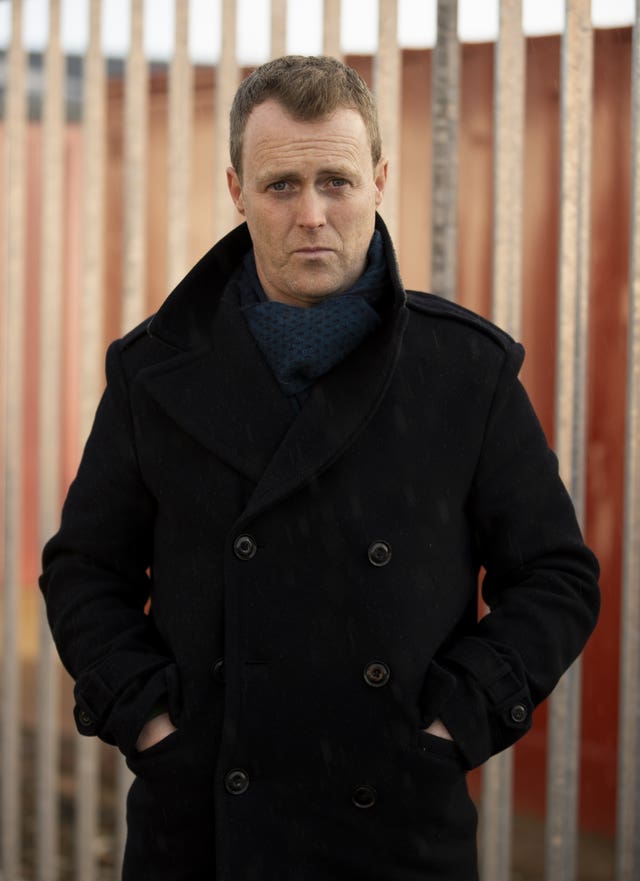Some hauliers based in Northern Ireland saw revenues fall by up to 30% in January, an industry representative has said.
Too many trailers were being brought back to Belfast empty after extra paperwork required by the post-Brexit Northern Ireland Protocol left freight companies struggling for return loads, Seamus Leheny, Northern Ireland policy manager at Logistics UK, added.
He said this risked interfering with the servicing of continuing strong demand for Northern Ireland’s products from the rest of the UK.
He said: “Revenue is down 25-30% in January due to a trade imbalance coming from Great Britain to Northern Ireland.
“A significant amount of those lorries going over laden are struggling to find loads to come back to Northern Ireland.
Fail
“If we do not get the lorries back to Northern Ireland, we fail to be able to service the continued exports leaving Northern Ireland.
“We have got to get these trailers back here to make sure that the products still leave Northern Ireland.”
He has requested financial assistance from the British Government for hauliers shipping empty trailers back to Northern Ireland but has yet to receive a response.
The Protocol is designed to keep the Irish land border free flowing.
Northern Ireland remains in the EU’s single market for goods.
That has created extra red tape on merchandise being sent from Great Britain to the region and sparked unionist ire and vows to overthrow the protocol.
Mr Leheny told Stormont’s economy committee a lot of businesses in the EU were not aware of their unfettered access to Northern Ireland.

Inspectors are carrying out physical checks on some animal products arriving at Northern Ireland’s ports and Mr Leheny said those needed to be digitalised.
He envisaged, as the processes bedded in, trust could be expected to build up between the authorities and traders so checks may become less frequent.
“We are gradually getting there, what we do not need is the end of the grace period.”
Supermarket goods
The grace period is a light-touch regulation period on items like supermarket goods. It is due to end in April.
Mr Leheny added: “That will just add a tonne of work.”
He said the emphasis had to be easing the burden on companies and simplifying procedures. He added that the checks on lorries at ports like Belfast and Larne were “slow and cumbersome”.
Mr Leheny said they were gradually getting there on agrifood groupage problems, when lorries pick up multiple loads requiring multiple vet certificates.
Much of Northern Ireland’s trade from the rest of the UK travels via Dublin.
Mr Leheny said the Irish Revenue’s system had been unable to cope with the volume of declarations required at peak times, adding this has been the root cause of long delays at Dublin Port.
Related: Brexit: Bank of England boss warns EU over ‘serious escalation’ in financial services grab

